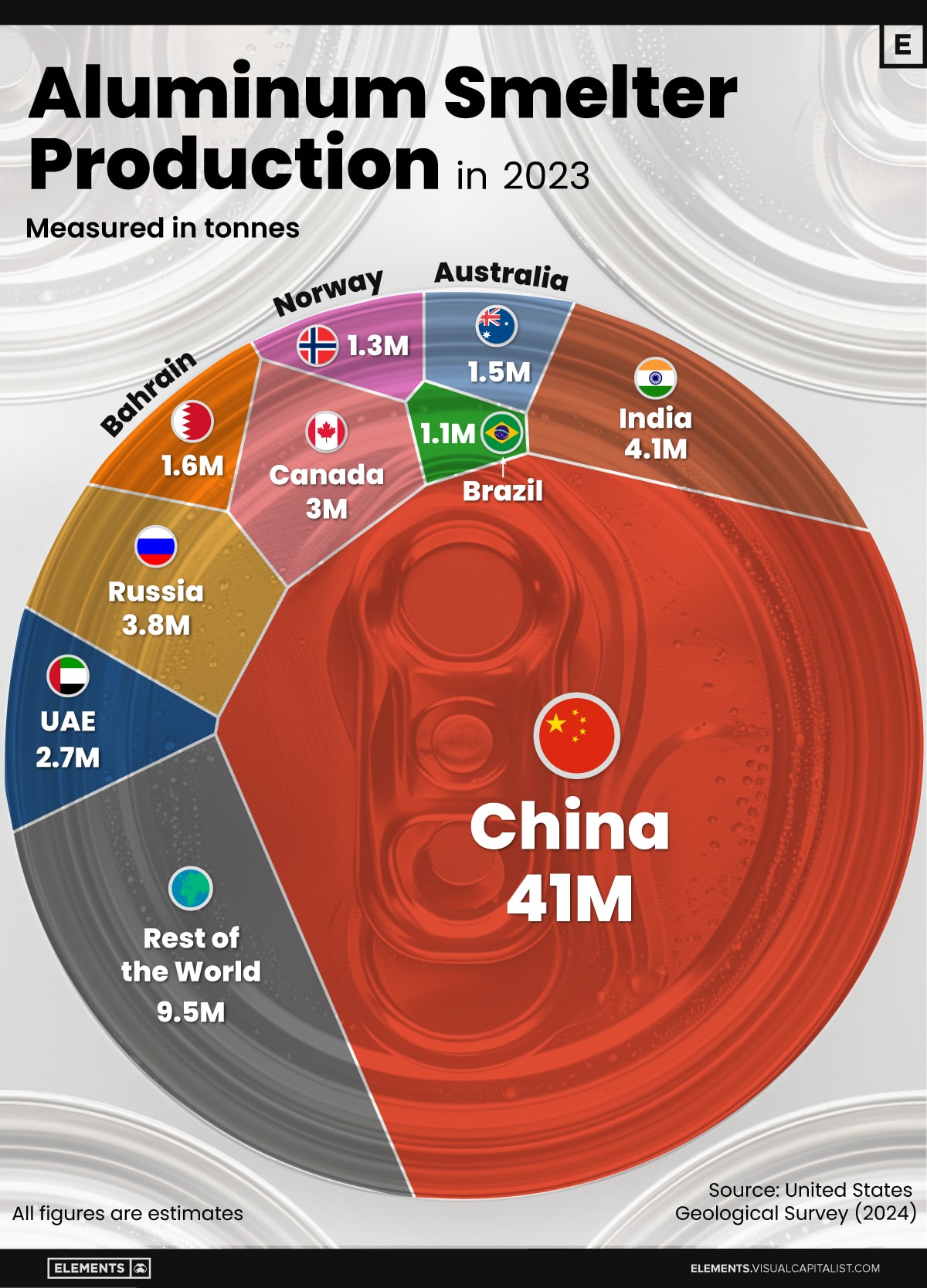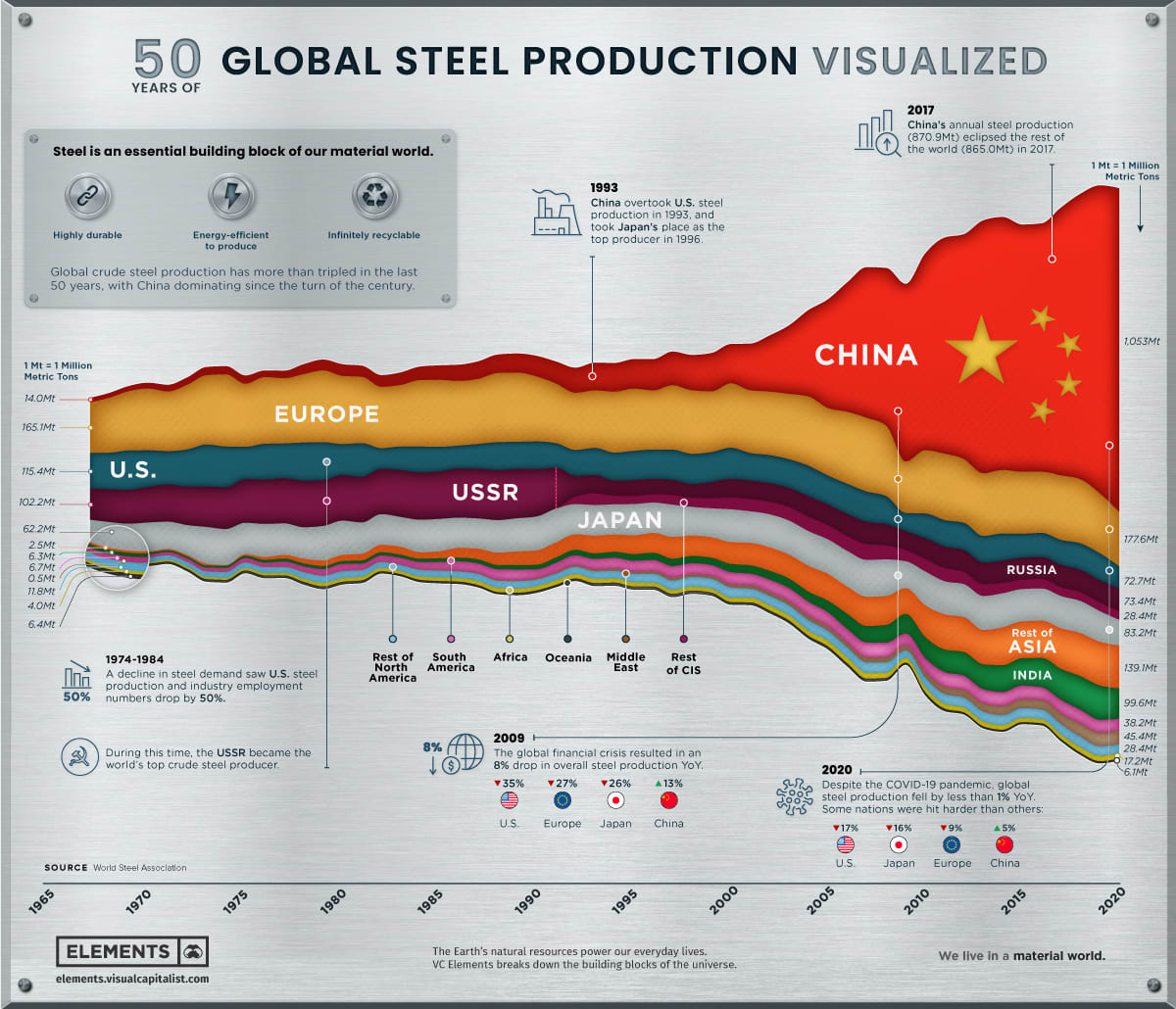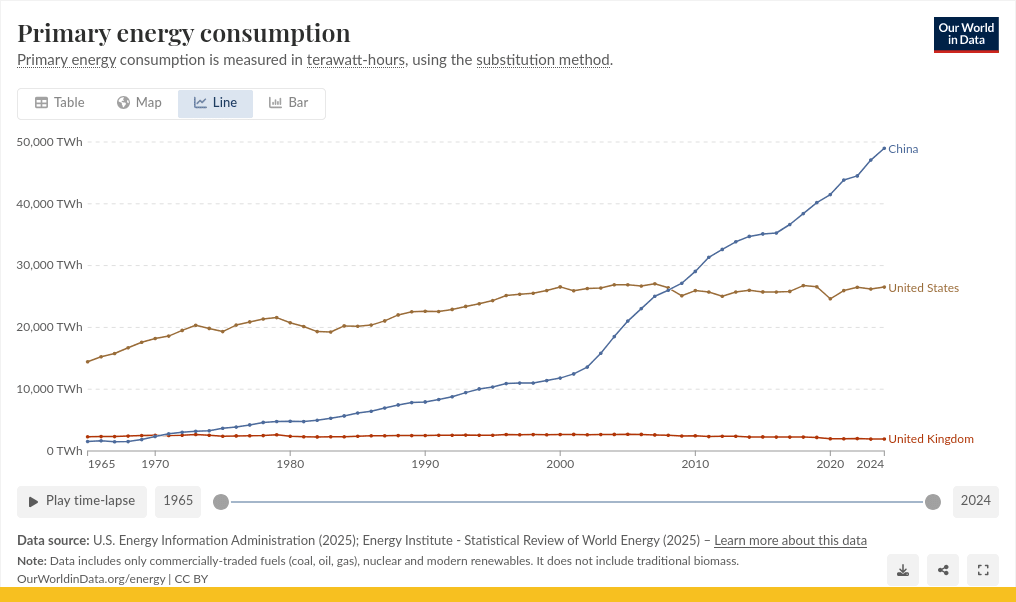2 Answers sorted by
93
It looks reasonably likely that the CCP could perma-pause AI unilaterally, if they got their best advisors to assess the technical arguments for very high p(doom) soon and then trusted the outcome of that assessment as the largest risk and made it their absolute top priority.
China's military spend is much lower than the USA, but the due to dramatically stronger local manufacturing, the amount of military hardware is comparable (I remember seeing that they pay around 1/3 the cost for similar equipment). And with the moves towards drone-based warfare, which is massively dominated by Chinese manufacturing (both Russia and Ukraine are buying heavily from China, and no other countries are keeping up on a cost basis with modern drone war), I'd guess they could not get wiped out even after hitting every opposing datacenter with an ICBM.
I think the same is likely true of an extremely dedicated and competent version of the USA leadership with good technical advisors, though I'm less confident of this given the huge disparity of industrial base.[1]
20
Could China Unilaterally Cause an AI Pause?
Definitely not (barring some very drastic change in the global situation). The most powerful country in the world couldn't prevent the Taliban from returning to power in Afghanistan even though they spent many trillions of dollars trying -- and Afghanistan's economy is 6% of 1% of the size of the US economy. Well-funded actors like Moscow and Beijing have some small measure of influence on the US through propaganda (such as Beijing's efforts to make China appear more powerful than it actually is) and through trying to intensify internal divisions (e.g., by funding extremist groups in the US), but neither can make the US make any important change with anything approaching reliability.



Is it likely that a sufficiently foresighted and desperate CCP could singlehandedly delay the AI race by at least a few years? Currently, it looks like some portions of the CCP are aware of the risks, and becoming more aware over time. On my model, they also seem more likely to understand the value problem, as a lot of their effort is put into fighting against a molochian pull towards freedom, and riding the line between a functioning economy and losing control. If they siezed Taiwan out of both fear for their lives and because it was on the to-do list anyways, how much of a slowdown would we see? Has someone already written about this in detail somewhere?